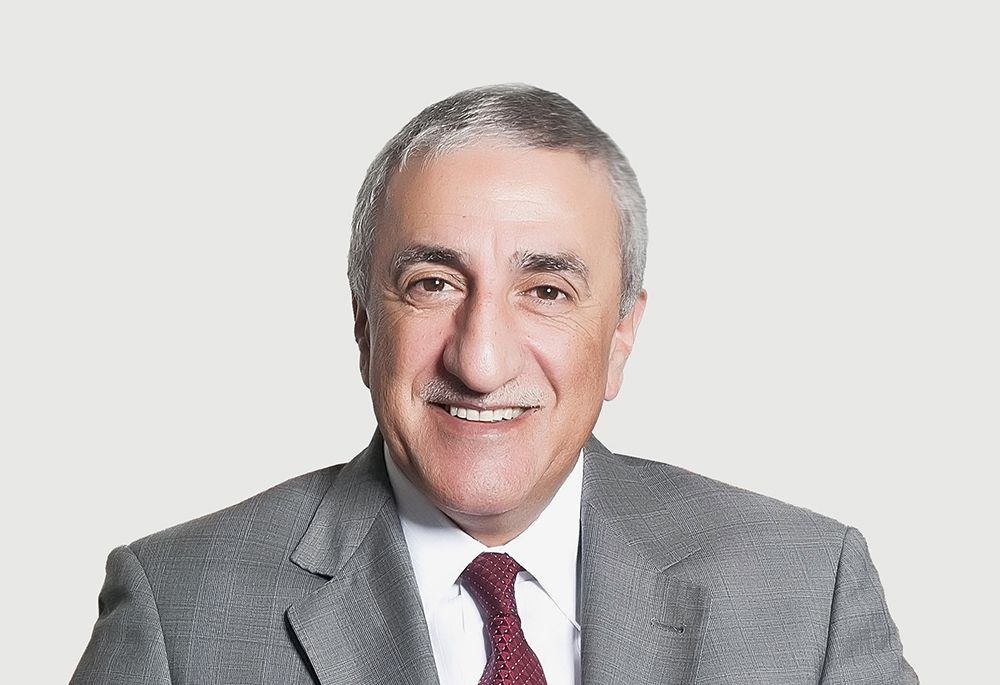By Mohamed Hussein El Zoghbi*
Muslims worldwide – 1.9 billion people – follow the religious recommendations to consume Halal-certified products. These are foods, cosmetics, medicines, and even clothes that, in their manufacturing process, do not contain any substance harmful to people’s health and safety, the soil, compromises natural resources, or utilize, for example, enslaved or child labor in its processing.
Due to this and other aspects, these are products that, for some time now, no longer have only followers of Islam as their consumers. These items have been increasingly requested by all those seeking food safety, vegan diets, or simply a more conscious way of consumption.
This movement, obviously, is reflected in the economy. According to the latest survey from the State of the Global Islamic Economy Report (SGIE), the Halal market is worth USD 2 trillion – which includes not only products but also services, such as Halal tourism.
Based on the same report, we can safely affirm the Halal market continues to grow steadily. One reason is demographic: Muslims are increasing twice as fast as non-Muslims. The estimate is that, by 2030, they will be 2 billion and, by 2060, 3 billion, that is, 30% of the world population.
Another factor is the growth of the Organization for Islamic Cooperation (OIC) national economies. Based on the latest IMF GDP report, these countries’ projected annual growth rate for the 2020 to 2026 period sits at an average of 7%. The global average for the same period is 6.4%.
And how is Brazil in the midst of all this? Our country is one of the protagonists in this market. We are the fourth most prominent exporter to ICO countries – exports volume in 2020 reached USD 16.7 billion, generating substantial foreign exchange for our country.
We could take Halal poultry as an example: Brazil is the world’s leading exporter. According to the Brazilian Association of Animal Protein (ABPA), the country exported 1.915 million tonnes to the Islamic markets in 2021, almost half of all Brazilian exports in the sector, which reached 4.6 million tonnes. And in the first four months of 2022, the exported volume was over 623 tonnes, and revenue reached just over USD 1 billion, a 22% increase compared to the same period in 2021.
Due to all the aforementioned reasons, I leave a recommendation for industrialists and food producers in Brazil: The Islamic markets have been trading with Brazil for over 40 years and are always open to the best we have to offer. And to open this path, companies need to invest in Halal certification, an essential passport to growing opportunities and significant prospects for the Brazilian economy.
FAMBRAS and FAMBRAS Halal
Founded in 1979, the Federation of Muslim Associations of Brazil (FAMBRAS) is a reference in Islam in Brazil. FAMBRAS works in the religious, social, cultural, economic, and diplomatic spheres through educational, cultural, and assistance projects – both for the benefit of Muslims and people in situations of social vulnerability. Another mission is to fight prejudice against Muslims through information.
The Federation’s work is supported by FAMBRAS Halal – the first Halal certifying entity in Brazil, established in 1979. The certification branch is a market leader and carries out audits, slaughter, inspection, supervision of products, and implementation of the Halal Guarantee System in industries and slaughterhouses interested in marketing their products, especially to Islamic countries. Based on the SGIE 2020/21, it is a growing market expected to reach USD 2.4 trillion by 2024.
*Mohamed Hussein El Zoghbi is president of the Federation of Muslim Associations of Brazil (FAMBRAS) and FAMBRAS Halal, the first Halal certification entity in Brazil, operating since 1979.
Translated by Elúsio Brasileiro




